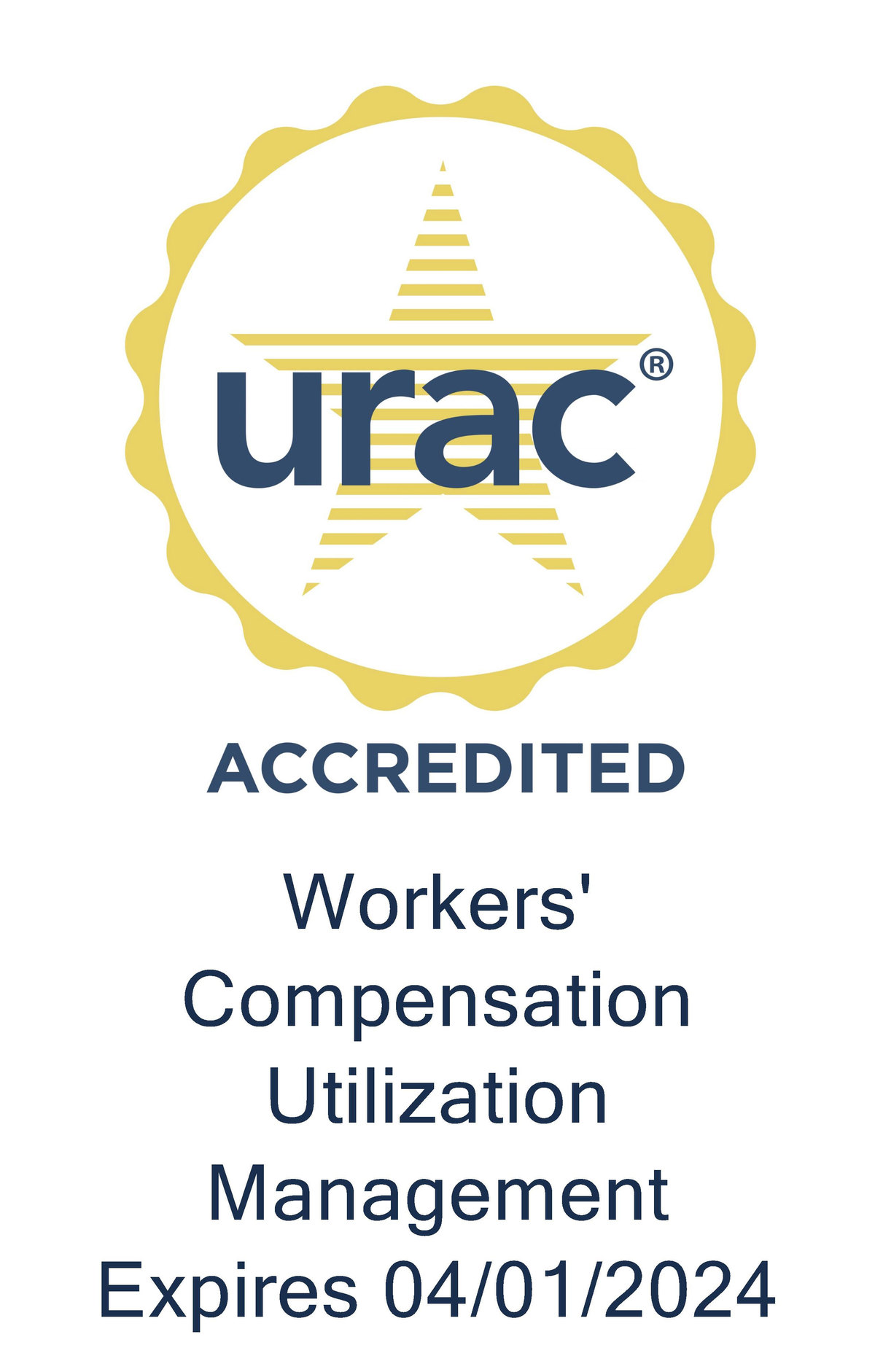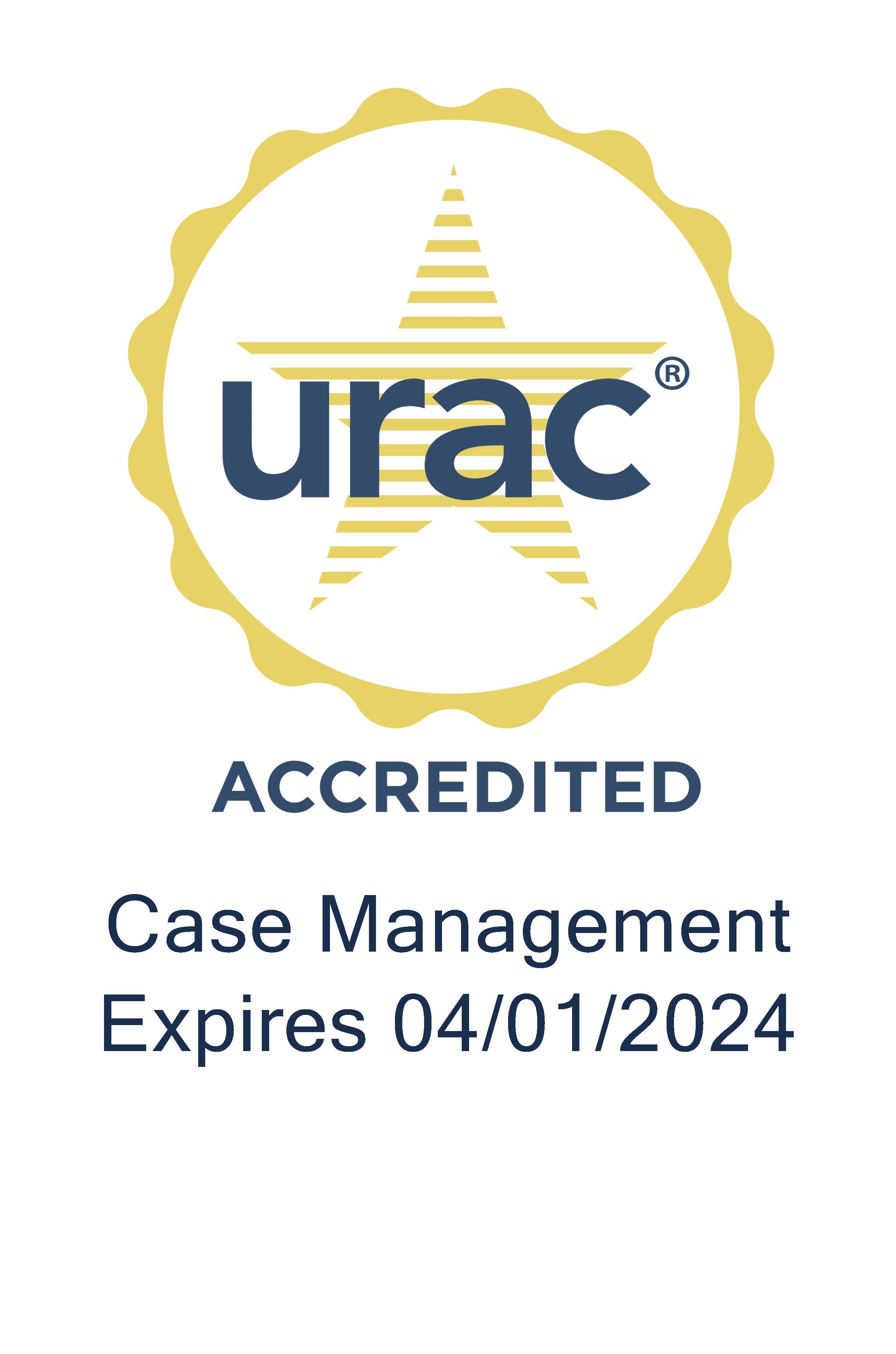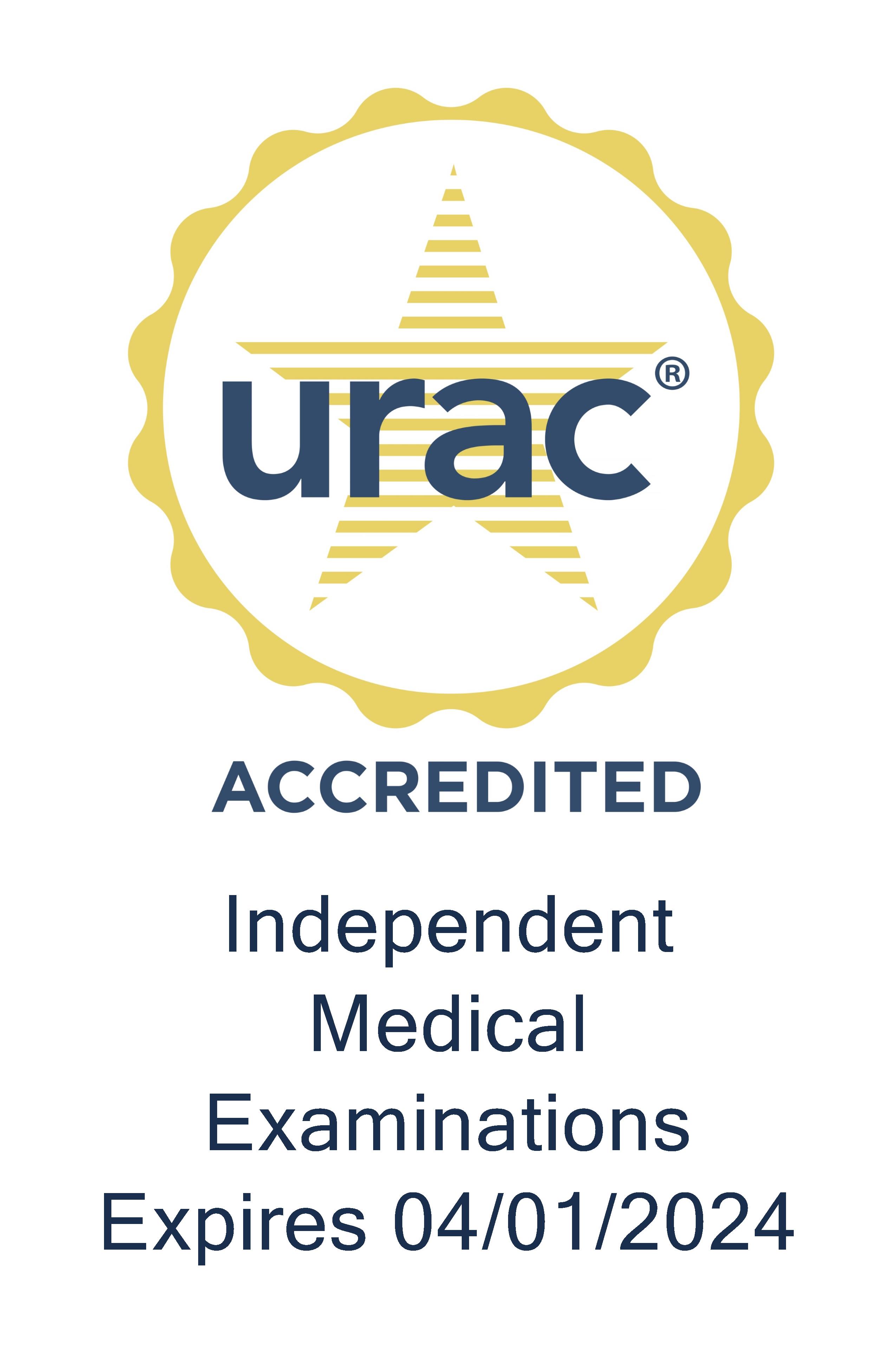The Medicare Set‑Aside (MSA) is often used by payers to fund future accident-related treatment in workers' comp settlements. However, because of the complex nature of the MSA, too often employers will go the MSA route when there are better options available. In today’s Inside Workers’ Comp, Deborah Robinson-Stewart helps demystify the MSA and offers insight on when payers should incorporate this tool.
Tom Kerr (TK): Deborah, what are some of the major concerns payers have when dealing with an MSA?
Deborah Robinson-Stewart (DS): One of the biggest concerns that they have is, will they be able to settle the file? Oftentimes, when you get in a Medicare Set‑Aside, your vision of what the file will settle for can greatly increase because the Medicare Set‑Aside may inflate future treatment. You may be paying a certain price for a particular medication or a treatment, and that person is not treating that often.
When we do the Medicare Set‑Aside, if it's done in the way in which CMS likes to see it done, it could overinflate the settlement. That's often a concern of the payers, "Will I be able to settle the claim based on what the Medicare Set‑Aside is going to come back looking like?"
TK: What's the dollar amount threshold a payer should set when determining when to pursue an MSA?
DS: I don't think it's necessarily a dollar amount. What typically tends to happen is, people are governed by the whole $25,000 — if the person is a Medicare beneficiary — $250,000 if it's a reasonable expectation, and those are the wrong thresholds. Those are the thresholds just for whether a Medicare will review a CMS submission.
What people really need to look at is whether or not the individual is going to require future treatment, because an MSA could be $6,000. People are so stuck on those two thresholds because that's the parameter that CMS sets, that they don't look at other things. The level of risk is: What is that person going to need in the future? There's no real number value.
I think sometimes people look at the wrong things. They're looking at, "Do I fall in within this criteria?" rather than looking at, "Hey, is this person going to need the future medical treatment?" then, "What steps do we need to get that addressed adequately?"
You have cases where the person doesn't treat often. They may go into the doctor every year just for a check‑up, just to make sure everything is OK. It doesn't seem like a lot, but again, the goal is to protect Medicare. The goal is to not shift the burden of paying for the future treatment after the case settles to Medicare. If it's a $600,000 MSA, or a $6,000 MSA, you're still supporting the goal, which is to protect the Medicare trust.
TK: What are the financial risks of not pursuing an MSA?
DS: An MSA really is a construct. The goal is really to protect Medicare, and the MSA is the tool that we use to do that. The question should be the risk in not protecting Medicare. That could be Medicare coming back after the settlement because when a claim settles and the person is a Medicare beneficiary, if they're on the rolls of Medicare, that claim is automatically going to be reported to Medicare.
Once it's reported to Medicare, Medicare has several fields in their common working files. They have a little place that they check off that the claim is settled, and that person is a Medicare beneficiary, and that you should look out for work‑related treatment. What happens is that when you report the claim, you report the ICD codes that are associated with that.
If that person goes for treatment, and when you go to the doctor, they have to fill out the forms and it has the codes on it. If those codes are a positive match, that could create a conditional payment post‑settlement, which is something that then could come back to the carrier.
You've settled your case and you're getting a letter from Medicare saying, "Hey, you owe us." That's one of the risks. One of the other risks is Medicare could come back and file suit against any party that was related to the settlement. That could be an attorney, the carrier, and the actual claimant or plaintiff themselves for double damages.
Medicare has been slow on the uptake to do these things, but they're putting more and more things into place. in the interest of Medicare to protect their trust. They're always working towards capturing those dollars because as we hear all the time, Medicare is losing money.
TK: Is there a checklist payers should have to make sure that they're meeting all the requirements to protect Medicare so that no red flags pop up?
DS: I think so. I do a lot of trainings, and when I do trainings, I ask the claims adjusters or the claims examiners to consider what they need to do to close their file. One of the things that I tell them is, "Look at your file and look at your correspondence. Have you received anything from Medicare?"
Sometimes, Medicare gets wind of a claim just because the claimants have a responsibility to report to Medicare the same way that the carriers do, and the employers do, because Medicare wants to coordinate their benefits.
I always ask them, "Have you received any correspondence from Medicare?" Sometimes, Medicare just sends a letter out that says, "Hey, we heard you have a claim. Could you give us some additional information?" Sometimes, that goes to the claimant, and the claimant will send it to the adjuster.
If you just put that on your file and you don't address it, then you could be faced with a situation with you settling your file, never addressing Medicare. After Medicare, it takes them some time and they may say, "Wait a minute. We didn't follow up on this," and you may get a letter post‑settlement.
The government, when they have your money, they'll slow that, but when you have their money, they pull out all the stops to make sure that they're recouping that.
TK: Aside from the financial concerns, are payers opening themselves up to other risks if they’re not protecting Medicare? Are there fraud issues or some type of blacklist?
DS: It's not necessarily a blacklist, but Medicare, they do these audits from time to time. Years ago, they audited the hospitals. They had what they call recovery audit contractors that basically went after hospitals for different kinds of services that they offered and billed to Medicare.
Medicare had determined that, in their mind, they were auditing all of these hospitals to ensure that they were billing the procedures correctly. What they found is that they weren't doing it correctly, and so they were able to recoup a lot of money that way, so it's not necessarily a blacklist.
I will say that one of the things that can happen, though, when Medicare is not fully protected is that it also opens the Medicare beneficiary up for losing their benefits. For instance, if Medicare pays for treatment in relation to an accident and was not reimbursed, they'll stop paying benefits for the Medicare beneficiary.
We've had times where we've had claimants actually call our offices, because of the different services that we do, saying, "My doctor won't see me." It's maybe because the claim was reported incorrectly to them, or they didn't realize that now the settlement has occurred and Medicare's interest has been satisfied, that kind of thing.
We've had to work with the carrier to get that cleared up and help the clients along, so that they're not continuing to experience not being able to see the physicians.
TK: How can payers plan ahead to make sure they are prepared to handle an MSA? Would that be the checklist thing we talked about?
DS: A checklist and just being mindful. One of the things is to know the claimant's status. You want to ask those questions. Years ago, Medicare wasn't really an issue, it was an afterthought. But Medicare is in the forefront now, and so you want to start early.
You want to identify if the claimant is a Medicare beneficiary or even if they are on Social Security Disability. We see it a lot. The claimant gets injured. They're out of work for an extended period of time. They apply for Social Security Disability because they can't work, and they're accepted onto the rolls of Social Security Disability.
Once you're on Social Security Disability for 24 consecutive months, you're automatically enrolled into Part A Medicare, so you could be a 46‑year‑old Medicare beneficiary. Sixty-five years is not the benchmark of Medicare anymore because you're able to get Medicare by virtue of being adjudicated disabled.
For some of these younger workers, the payers have to start asking, "Are you a Medicare beneficiary? Are you on Social Security Disability? Have you applied for Social Security Disability?" Those are the kinds of things that you need to know to be able to prepare your file, if you're trying to settle that claim out.
The other thing is to start early. Again, we talked about how the government works. They're fast when they want something from you, but when you want something from them, they work in their own time.
If you have somebody who's a Medicare beneficiary, and you're trying to settle your file, and you want to know if Medicare has made any payments, sometimes it takes awhile to get those letters from Medicare. There's different contractors that do that type of work for Medicare, and so you have to contact them.
We also now have in play that it is not just traditional Medicare, but we have private health insurance companies that also are able to offer Medicare benefits. Those are Medicare Advantage Plans. Every year, during open enrollment, Medicare beneficiaries have the option to stay on traditional Medicare or to move to a Medicare Advantage plan through a private entity.
They also can create links on a file, but it's more difficult to get the information from them because they're private health insurance agency. We need to know who the insurance company is, what the plan is, because you don't want to get into a situation where you've settled your file and now you get a letter from somebody saying, "Hey, you owe us $10,000," and you've settled your file already and you've disbursed all your funds.
I always tell my clients, "Start early. Start asking questions so that we can get the information so that when you settle your file, you know that you have everything necessary — if you have to satisfy anything prior to settlement with Medicare or one of the other plans — but you have everything tied up in a bow."
The other thing I instruct them is to make sure that they document everything. Medicare submission is a voluntary process. CMS says this throughout their guidance, but they also say that they don't have to honor the MSA. I have not seen where they haven't done this, but you have to do your due diligence and document everything.
I instruct my clients, "There are times when the MSA is just not a good idea to send it to Medicare because Medicare is going to have a lot of questions. As long as you're showing the steps that you've taken to protect Medicare, and that you've created the Medicare Set‑Aside, you've funded it adequately.
The claimant is aware of what they need to do and how they need to spend their funds, and you've done that either by an administration agreement with them or done some sort of professional administration, I think that you're pretty much good to go with that."
TK: You offered a lot of good advice here. What type of assistance, aside from some of the things you mentioned here, is available in helping payers prepare for MSAs?
DS: Most vendors will do a pre‑MSA counsel, where they look at the file and tell you what they would recommend. We do a lot of consulting with our client, just to tell them how they need to align their file. If there's like a surgical procedure that's iffy, we may say, "Get some additional clarification from the primary treating physician."
If there's a medication that looks to be being overused, we have services here where we'll have a physician contact the treating physician to get an agreement on how to either wean or reduce the medication. Those are types of things that you can do in preparation for an MSA so that you're not getting an MSA that is just totally overblown.
TK: Thanks, Deborah. In our next Inside Workers’ Comp, we’ll be back from the WCRI conference to offer an extensive recap and analysis of the latest work comp research. Until then, thanks for listening.
Learn more about our Medicare Set-Aside (MSA) program here.






